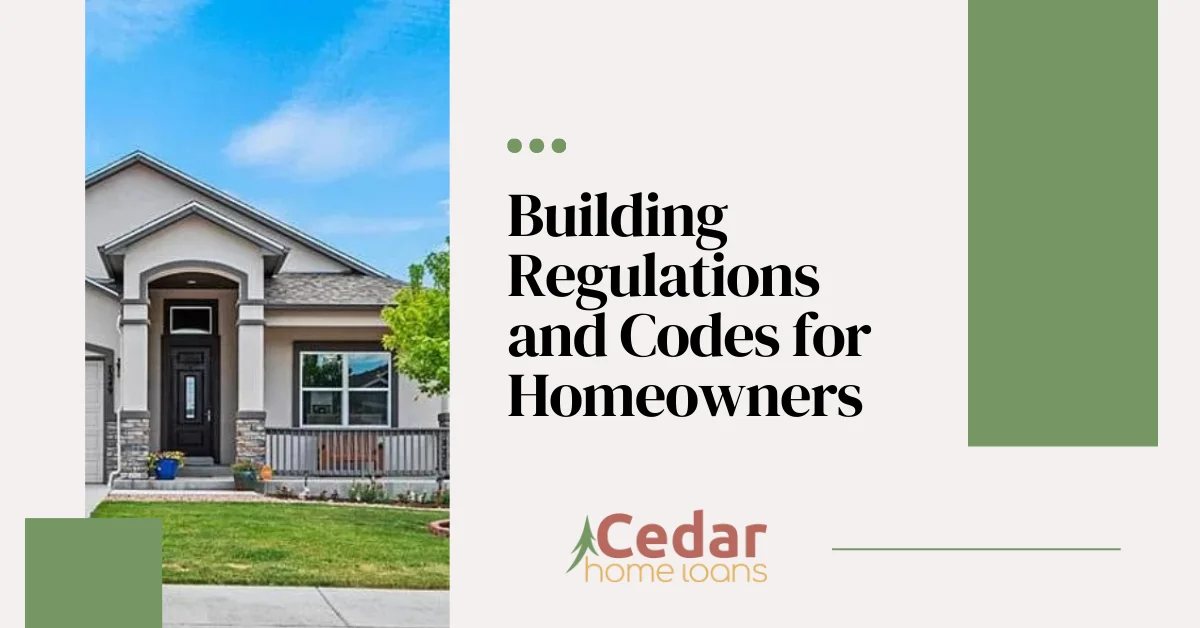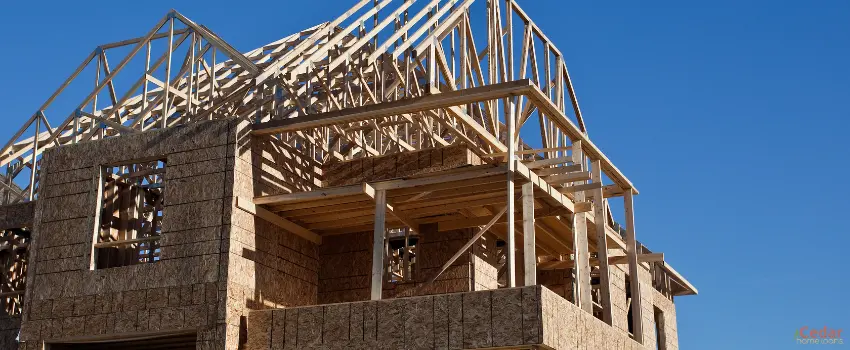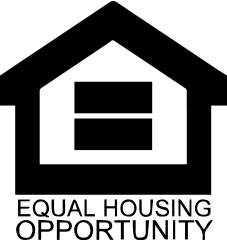As the excitement grows for building your residential project, it’s important to understand that first, as a homeowner, there are numerous building regulations and codes you must follow throughout the entire process of constructing your home. But what are building regulations, and which ones do you need to follow?
The answer to this question may not be as straightforward as you think. Many factors can affect the necessary requirements, and it’s essential to understand them to avoid unnecessary legal or financial issues. Let’s take a closer look at the potential requirements for your building project and the purpose behind construction regulations.
Purposes of Building Regulations
Becoming a homeowner can be a lengthy process due to the necessity of following construction regulations. These regulations include several legal codes, procedures, and guidelines that you must follow to ensure that your building and its construction comply with the laws set by your local and federal governments.
Building codes for residential homes are not imposed arbitrarily to create difficulties for new homeowners. While it can be a hassle to go through the required steps to ensure that your building has been legally processed, there are many reasons why this process is essential for both your building and everyone involved in its construction.
1. Health and Safety
These regulations are put in place to ensure the structural safety of buildings. Without these regulations, it would be challenging to assess the durability of the building’s construction. With this, the regulations promote the safety of you, the construction workers, and any other involved parties during the construction process.
2. Environmental Protection
Environmental concerns in the context of building regulations refer to the regulations and requirements that are in place to promote environmentally sustainable and responsible construction practices. These regulations are established to mitigate the negative impact that structures, residential or commercial, can have on the environment during and after construction.
3. Legal/Financial Concerns
Failing to comply with the building regulations may result in you facing legal consequences. This can include penalties such as fines or penalties, and you may be required to make expensive changes or even face legal action if your building is deemed unsafe.
Building regulations can also have financial implications for homeowners. Failure to comply with building regulations can potentially result in the need for costly repairs or renovations to meet the required standards set forth by your local and federal governments. As such, following these regulations is advised so that you can focus on financing your building rather than repair fees.
Requirements for Homeowners
When it comes to building requirements, there exist specific regulations and requirements that homeowners need to follow when constructing, renovating, or maintaining their buildings. These regulations vary depending on the type of construction and the location of the building.
1. Building Permits
Building permits are required for generally most constructions. These permits cover the building codes and regulations your construction must abide by, and they are issued by the local government in your area.
But when do you need a building permit, and can it be secured at any time? A building permit is needed before any construction happens, and working without one could pose legal consequences.
2. Zoning and Land Use Laws
Zoning and land use laws regulate the utilization of land for your property, and they may impose other limitations on your property, such as its maximum height. These laws manage and oversee the types of buildings that can be erected on your property. There also may exist land use limitations in your area which are set in place to protect historical sites or the environment in general.
3. Electrical/Plumbing Codes
Electrical and plumbing codes ensure that electrical and plumbing systems are installed safely. These codes provide the minimum requirements for the installation, design, and maintenance of plumbing and electrical systems, including water supply and distribution, drainage, and venting. As such, your systems must meet a specific set of standards regarding durability and performance.
4. Fire Safety Codes
Fire safety codes provide the requirements for fire protection and prevention, as well as life safety in buildings and structures. It can cover areas such as fire alarms, fire suppression systems, emergency planning, hazardous materials, and fire department access.
5. Accessibility Requirements
Accessibility requirements ensure that buildings are designed and constructed to be accessible to people with disabilities. This is to ensure an inclusive and safe environment for those with disabilities accessing your building.
With all these codes, in what ways can you know how to find building codes in your area? if you plan on building a home, it is important to go down to the local government office that has jurisdiction over your building site to receive a comprehensive list of building codes for residential homes.
Not all local governments share the same requirements, meaning that yours may have differing codes, regulations, and requirements when it comes to the construction of a residential building. When visiting their office or researching local requirements, be sure to thoroughly address the details of your proposed project so that you will receive an accurate list of building requirements as per your local authorities’ specifications.
The Bottom Line
As much as one may like to get down and start construction as soon as possible, there are numerous legal regulations, laws, and codes we all must first adhere to. This includes acquiring all of the required documents for the construction of your residential project.
The regulations that are established are used to verify that your construction project, regardless of scope, follows health and safety protocols as well as environmental laws. The dangers of not following these laws can pose risks to the safety of those involved, directly or indirectly, with your project, and you could be liable to face legal and financial consequences.
Building codes typically vary with location and project type, but generally, when starting a construction project, you must follow certain codes such as securing a building permit, adhering to land usage and zoning restrictions, or making certain that your building will be constructed with fire safety in mind.
All regions do not share the same list of requirements, and a definitive list should be secured from your local government to guarantee that your construction project cohesively follows the guidelines set by your governmental authority.
Are legal expenses digging into your budget? Let Cedar Home Loans help fund your residential property!
Navigating the legal requirements and regulations for a residential construction project can be costly and time-consuming, leaving homeowners with depleted budgets. However, don’t let that discourage you from completing your project! If you require financing, consider our affordable and low-interest home loans in Dillon, CO. Contact us to learn more about how we can help you fund and build your dream property!





